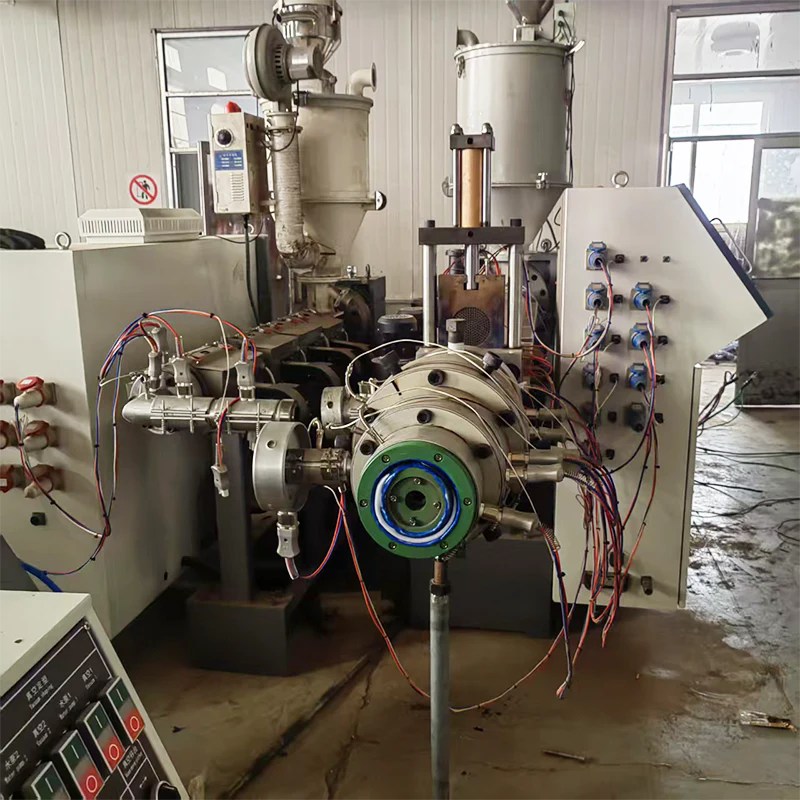With the rapid development of the plastic pipe industry, HDPE and PPR pipe production lines have become widely used in water supply, drainage, and heating systems due to their efficient and stable performance. As equipment updates accelerate, more and more companies are turning their attention to used HDPE PPR plastic pipe machinery. But is investing in such second-hand machines really a good choice? This article explores that question from several angles to help you make an informed decision.

Compared with brand-new machines, used HDPE PPR pipe equipment is significantly more affordable—often 30% to 60% cheaper. This cost-effectiveness is especially attractive for small and medium-sized businesses or manufacturers looking to expand production with limited budgets. The lower investment reduces financial pressure and allows for quicker return on investment and faster project turnaround.
Many companies replace their machinery not because it's broken but to upgrade capacity or adopt automation. Properly maintained and tested used pipe machines still offer reliable extrusion performance, accurate temperature control, and efficient haul-off capabilities—more than sufficient for standard HDPE and PPR pipe production. As long as you purchase from a reputable source and the equipment is in good condition, performance is generally not an issue.
This is one of the top concerns among buyers. It's true that older or poorly sourced equipment may have worn-out parts or structural issues. However, if you purchase from a reliable supplier, the machines usually come with inspection reports, manuals, basic servicing, or even short-term warranties. This helps minimize maintenance risks. Ultimately, choosing a trustworthy supplier with after-sales support is key.
Used equipment is ideal for startups entering the plastic pipe market who want to build a production line while keeping costs low. It’s also a great option for established companies needing to temporarily expand capacity or test new materials. Even repair shops or secondary processing plants often use second-hand machinery as supplementary production tools.
Before buying, it's advisable to inspect the machine yourself or with the help of a technician. Check the extruder, temperature controls, and electrical systems to ensure they’re functioning properly. Look for signs of rust, heavy wear, and review production year, hours of operation, and brand/model details. A test run is also recommended to confirm working condition.
In summary, used HDPE PPR plastic pipe machinery offers clear advantages in terms of cost, reliability, and return on investment—provided you source it from a professional, trustworthy supplier. We invite you to visit our website at [www.shendeplastic.com] to learn more about high-quality second-hand plastic pipe machinery and services that help you buy with confidence and produce with ease.
